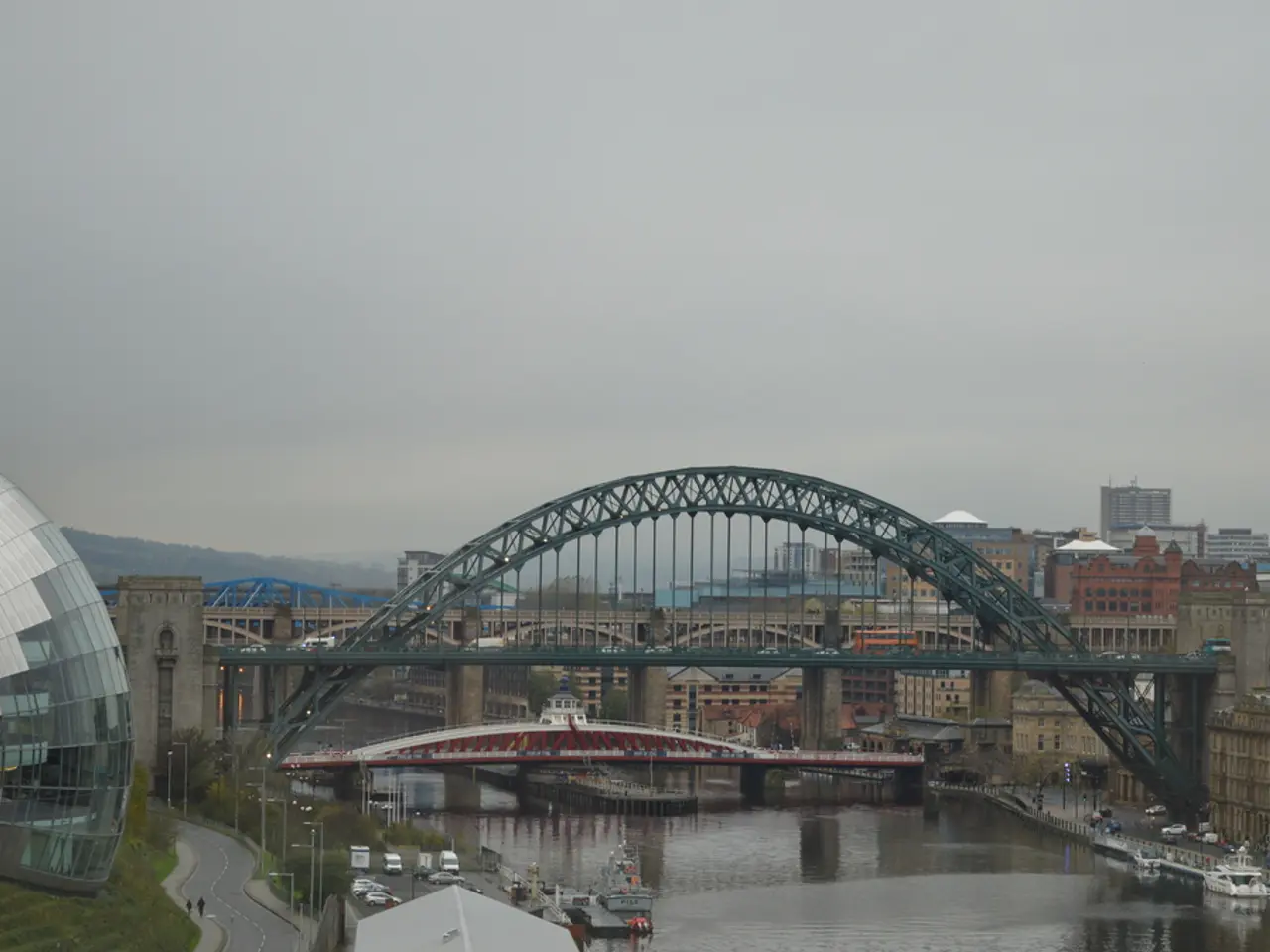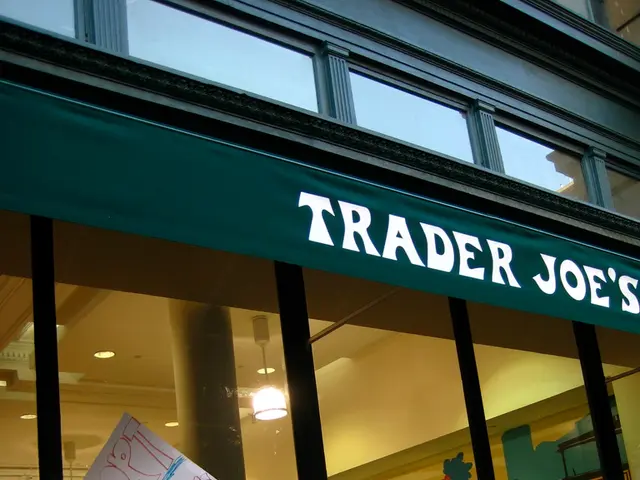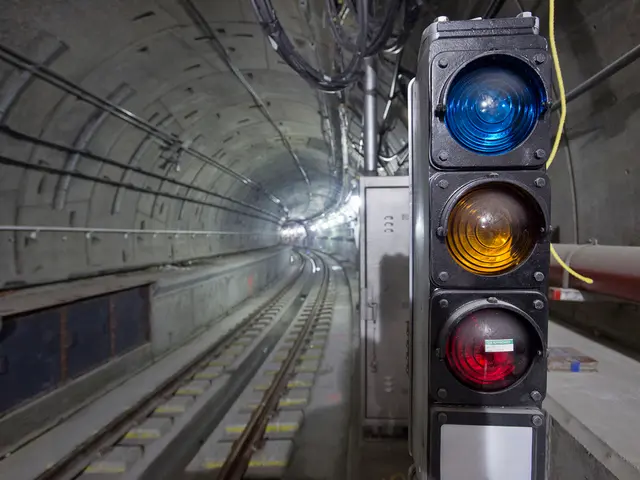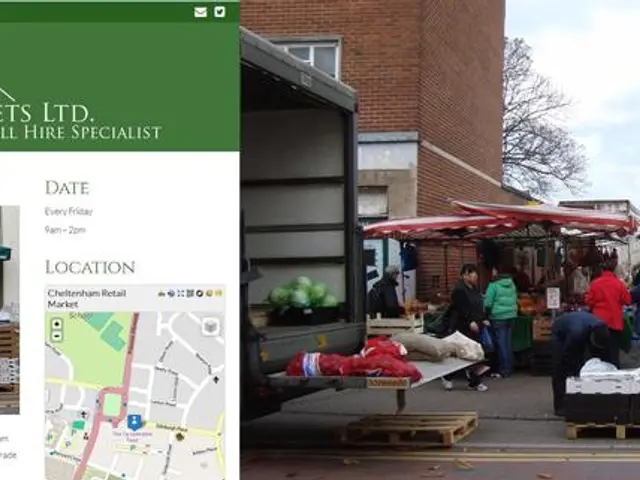The World Bank grants $300 million to support Internally Displaced Persons (IDPs) in Northern Nigeria, aiming to assist over 7 million individuals.
The World Bank's Internally Displaced and Host Communities Project (SOLID) in Northern Nigeria is a significant initiative aimed at supporting internally displaced persons (IDPs) and their host communities. The project targets up to 7.4 million people, including approximately 1.3 million IDPs, and seeks to improve access to essential services, infrastructure, and livelihoods.
The SOLID Project is designed to address the ongoing conflict and insecurity in Northern Nigeria, which has displaced over 3.5 million people. The project aims to shift the region from crisis response to stability, resilience, and inclusive growth.
Key priorities of the SOLID Project include developing and maintaining climate-resilient infrastructure, promoting social cohesion, supporting livelihoods, and strengthening institutions. These priorities reflect the urgency of addressing infrastructure gaps and service delivery challenges in host communities that were already strained before the influx of displaced populations.
The SOLID Project is expected to have a direct impact on millions of displaced persons and host community members by enhancing access to services like health and education, improving infrastructure, and creating sustainable economic opportunities.
The project represents a strategic move from emergency aid to sustained development. The World Bank and the Nigerian government are channeling a $300 million loan financing into long-term community-driven approaches. This involves coordination across federal, state, and local governments with international partners, emphasizing resilience-building and economic inclusivity to reduce dependency on aid.
The SOLID Project will be implemented in the most affected local government areas in Northern Nigeria, following on from earlier crisis recovery efforts. Community-driven implementation is a key element, empowering local stakeholders for sustainable impact.
The SOLID Project builds upon the Nigerian government's initiatives, international partnerships, and the earlier World Bank-supported Multi-Sectoral Crisis Recovery Project (MCRP). The project's integrated approach aligns with the National IDP Policy and the Federal Government's long-term development vision.
The surge in population due to displacement has reduced access to basic services and increased vulnerability to natural disasters such as flooding. The SOLID Project aims to address these challenges by improving access to essential services and economic opportunities for IDPs and their host communities, ultimately helping both groups move towards self-sufficiency and resilience.
The World Bank Country Director for Nigeria, Mathew Verghis, has stated that the SOLID Project offers "tremendous potential" to address the challenges of protracted displacement. Task Team Leaders for SOLID, Fuad Malkawi and Christopher Johnson, have also emphasized that the operation is central to tackling the enduring displacement crisis in Northern Nigeria.
In conclusion, the SOLID Project is a significant step towards stabilizing displacement-affected populations, improving living conditions, and fostering economic self-reliance and resilience in Northern Nigeria.
[1] World Bank. (n.d.). Internally Displaced and Host Communities Project (SOLID). Retrieved from https://www.worldbank.org/en/project/internally-displaced-and-host-communities-project-solid [2] World Bank. (2021, February 3). World Bank Approves $300 Million for Internally Displaced and Host Communities Project in Northern Nigeria. Retrieved from https://www.worldbank.org/en/news/press-release/2021/02/03/world-bank-approves-300-million-for-internally-displaced-and-host-communities-project-in-northern-nigeria [3] World Bank. (n.d.). Multi-Sectoral Crisis Recovery Project. Retrieved from https://www.worldbank.org/en/project/multi-sectoral-crisis-recovery-project [4] Nigerian Government. (n.d.). National IDP Policy. Retrieved from https://www.nigeriaidp.gov.ng/national-idp-policy/ [5] United Nations. (2020, October 19). Northern Nigeria: 3.5 Million People Displaced by Conflict and Insecurity. Retrieved from https://news.un.org/en/story/2020/10/1077232
- The SOLID Project, implemented by the World Bank, is a significant initiative targeted at internally displaced persons (IDPs) and host communities in Northern Nigeria, aiming to transform the region from crisis response to stability, resilience, and inclusive growth.
- In collaboration with the Nigerian government, the SOLID Project is channeling a $300 million loan financing into long-term community-driven approaches, focusing on key priorities such as climate-resilient infrastructure, social cohesion, livelihoods, and institution strengthening.
- As part of its integrated approach, the SOLID Project aligns with the National IDP Policy and the Federal Government's long-term development vision, aiming to improve access to essential services, infrastructure, and economic opportunities for IDPs and host communities.
- Matthew Verghis, World Bank Country Director for Nigeria, expressed that the SOLID Project offers "tremendous potential" to address the challenges of protracted displacement in Northern Nigeria.
- The EFCC, Nigeria's antigraft agency, is keenly observing the financial management of the SOLID Project, ensuring transparency and accountability in the allocated funds for the benefit of the displaced and host communities.
- In a related development, business leaders and experts in policy-and-legislation are advocating for comprehensive migration and displacement policies in Nigeria, aiming to support the successful reintegration of displaced persons and promoting economic growth and self-sufficiency in displacement-affected areas.




